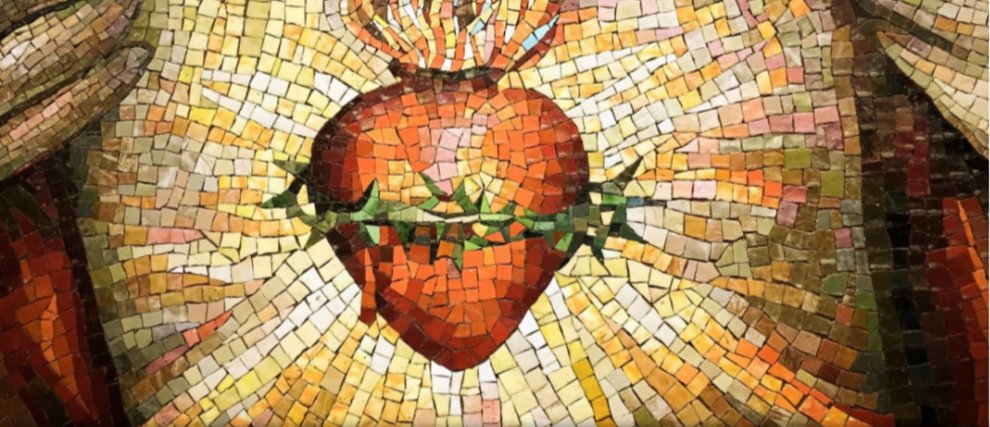The Jesuit Order
Founded by Saint Ignatius of Loyola and his companions (Pierre Favre, François-Xavier, etc.), the Jesuit Order developed extensively during the 16th and 17th centuries, before being dissolved in 1773 by Pope Clement XIII, and then re-established at the beginning of the following century by Pope Pius VII. From then on, the Jesuits resumed their mission of evangelization throughout the world. Discover the precepts of the Jesuit Order, as well as its role and influence in the modern world.
Principles of the Jesuit Order
Obviously, the system of the Jesuit Order is based on the principles of Ignatian spirituality. At the beginning, the Jesuit Order was not necessarily intended to establish a network of academic teaching throughout the world, but rather to offer everyone the opportunity to meet Jesus in a thoughtful way. Thus, through meditations and retreats, supported by a spiritual guide, the Jesuits could learn and teach others religious discernment. This learning was done through the famous spiritual exercises of Saint Ignatius of Loyola, which are the foundation of the Jesuit Order.
From the writings of Saint Ignatius, the Jesuits put forward certain postulates: man is created to serve and praise the Lord. The mission of man, therefore, is to accomplish what he was created for. He must learn that all that is good comes from God. He must also know how to detach himself (without becomming disaffected) from his desires for material things. It is certainly impossible to ask man to completely ignore the outside world, but it is possible to ask him to “de-fascinate” himself with worldly things, to find a right balance to observe the world through the divine gaze, to see that any process must lead to the accomplishment of his spiritual task.
“[...] In such a way that we do not want health more than disease, wealth more than poverty, honor more than dishonor, a long life more than a short life and so on for everything else, but that we desire and choose only what leads us more to the end for which we are created.” (source)
This discernment allows the spiritual liberation of man. Taking a step back opens the way to the Lord, and this step back is set up by the thorough application of practical work, continuous examination of consciousness. In this sense, the educational dimension of the Jesuit Order is linked to a spiritual education, a struggle against religious ignorance. The principles of the Jesuit Order are elaborated in more detail in the Ratio Studiorum charter.
This emphasis on intelligence and pedagogy in religion later led to the founding of colleges and schools, under the order of Pope Paul III, who sought to fight against Protestant reform. The ideas of the Jesuits were perfectly adapted to this context, and seemed to correspond perfectly to the mission of evangelization of the Catholic Church: to spread the word of the Lord, to train the spirits in an intellectual opening of religion, and to take Jesus as the perfect model of humanity were the great precepts of the Jesuit Order in its educational mission: in 1542, Francis Xavier already testified to the success of the Jesuit presence in a school in Goa, India.
In 1548 the first Jesuit school was opened in Messina (Sicily). This movement would progress rapidly: the Jesuit Order would soon run about forty schools and colleges, and will continue to develop in Europe and the rest of the world.
The influence and mission of the Jesuit Order in the world
It is a historical fact that in 2013, José Mario Bergoglio became the first pope of Jesuit origin, yet the vocation of the members of the order is not necessarily to take up high office. In 2015, there were about 17,000 members of the Jesuit Order in the world. Their presence is counted in 128 countries: they work mainly in Europe, America and Asia. In France, the Jesuits are mainly gathered in Paris. Jesuit institutes in France influence in several intellectual fields: associations, research centers, and even institutes of preparation for medical studies.
Indeed, the Vatican and the Jesuit Order have always recognized the importance of exerting influence on youth. The logic is that an intervention with young people promotes evangelization: they maintain that it is important to understand the situation of young people today to help them, to prevent unemployment and other problems that can lead to their radicalization.
Due to the strong academic presence of the Jesuits, many celebrities have direct or indirect links with the Jesuit Order: Charles de Gaulle studied at the Jesuit College of the Immaculate Conception, Bill Clinton continued his studies at the Jesuit University of Georgetown. Alfred Hitchcock himself attributes his film and screenplay abilities to the education he received at the Jesuit College of Saint Ignatius in Enfield, a London district.
Thus, history and cinema enthusiasts can also enjoy films about the Jesuit expansion in the world: the film The Mission by Roland Joffé, accompanied by the magnificent soundtrack by Ennio Morricone, tells of the harsh mission of evangelization of the Guarani tribe in Latin America under pressure from Portuguese colonizers. They can also turn to the film Silence by Martin Scorsese, released in 2016, which tells the story of Jesuit missionaries facing the difficulty of evangelizing Japan.
Both illustrate the conflicts between the beliefs and cultures of Jesuits and foreign nations, and above all the question of the perseverance of faith in the face of intense spiritual and physical tests. Although they can be hard to watch, the films provide a better understanding of the historical and cultural context of Jesuit missions around the world!

